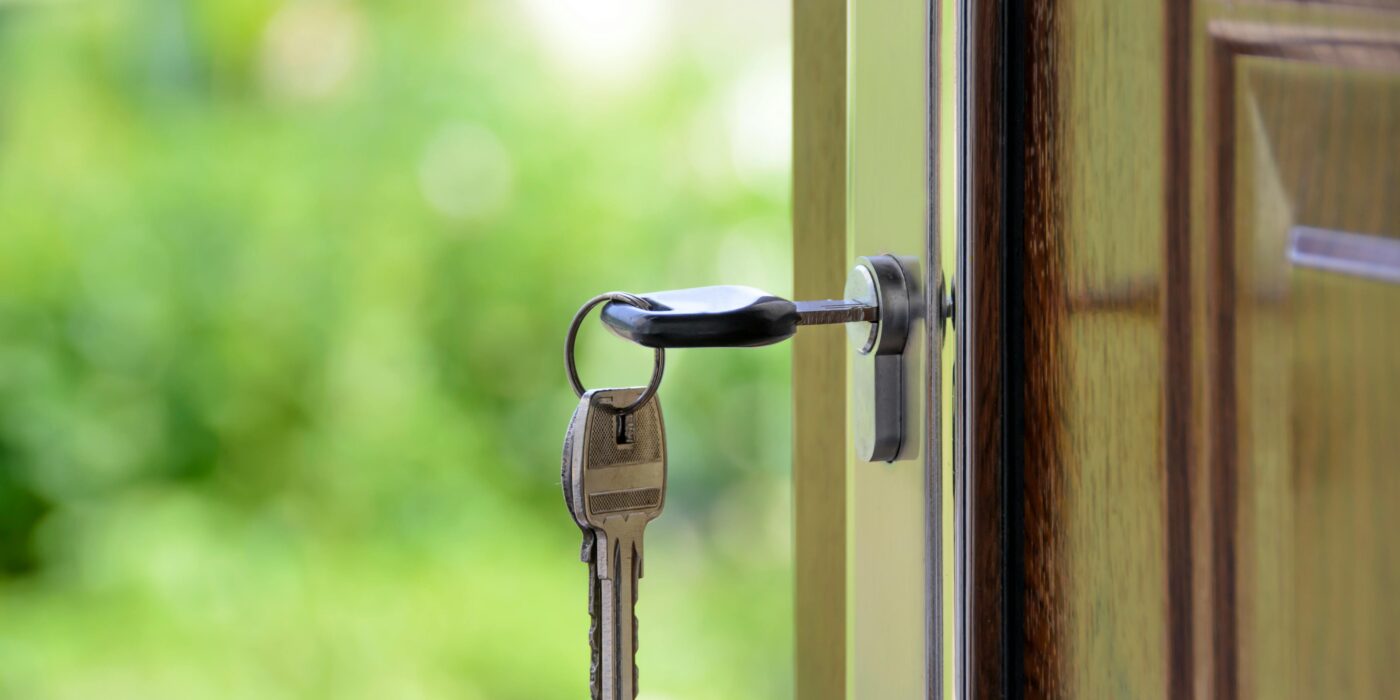Condominium Associations: Does your condominium association have the right to access your unit? The short answer is “yes,” but only in limited circumstances. In Florida, condominium associations generally have the right to access individual units for purposes of maintaining, repairing, or replacing the common elements or portions of the units which the association is obligated to repair, maintain or replace under the governing documents. Section 718.111(5)(a) of the Florida Condominium Act states, “[t]he association has the irrevocable right of access to each unit during reasonable hours, when necessary for the maintenance, repair, or replacement of any common elements or of any portion of a unit to be maintained by the association pursuant to the declaration or as necessary to prevent damage to the common elements or to a unit.”
In addition to the Condominium Act, it’s important to consult the condominium association’s governing documents (i.e., the Declaration, Articles, and Bylaws) for other situations where the association may be permitted to enter your unit. Most condominium association governing documents require unit owners to provide the association with a key, access code, or other means to access the units, and the documents generally prohibit owners from changing locks in a way that restricts or prevents access.
Florida Condo and HOA Access – Common Reasons for Access:
Emergency Situations: The association has the right to access a unit in emergencies, such as fires, floods, or other urgent situations that could affect the safety of the building or other residents.
Maintenance and Repairs: The association may need access to perform necessary maintenance or repairs affecting the common elements or the structural integrity of the building.
Inspections: The association may reserve the right to conduct inspections of units to ensure compliance with the condominium’s rules and regulations. This may also include fire alarm and sprinkler inspections by the association or local officials.
Homeowners’ Associations: There is no similar access provision in the Florida Homeowners’ Association Act. However, a homeowners’ association may have the right under its governing documents to enter a property to perform maintenance if the owner fails or refuses to do so. Examples of this type of maintenance would include mowing grass, trimming trees or hedges, or pressure washing roofs or driveways. Legal precedent suggests that if a homeowners’ association has the right to perform maintenance on an owner’s property to cure the violation, the homeowners’ association must take such action before filing a lawsuit to seek legal intervention.
Notice Requirements: Typically, the condominium association is required to provide notice to the unit owner before accessing a unit, except in emergency situations. Similarly, a homeowners’ association should provide the owner with notice and a reasonable opportunity to perform the required maintenance before taking further enforcement actions. It is important to consult your community’s governing documents for the specific requirements for notice and access to units or parcels.
Condominium and homeowners’ associations should carefully review and adhere to the notice requirements in their governing documents whenever accessing a unit or performing any non-routine maintenance on a parcel. If you have any questions or concerns about the association’s right to access owner units or lots or enforce owner maintenance, it is advisable to consult with an attorney specializing in community association law.
